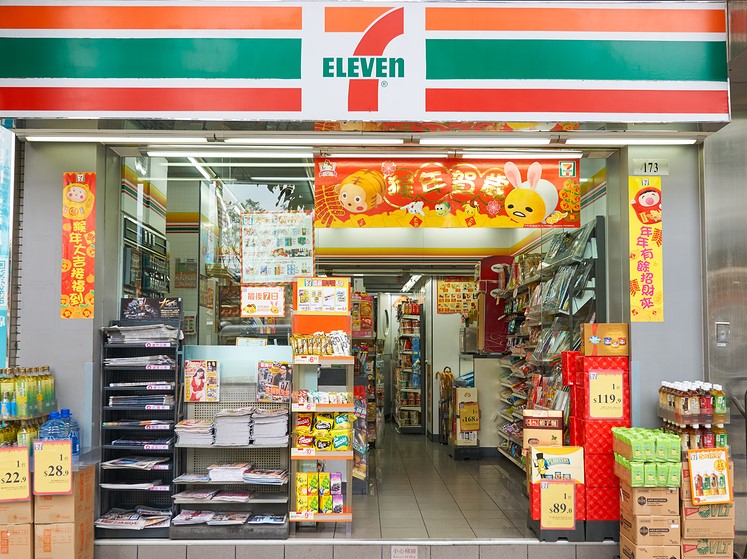
After 7-Eleven’s tumultuous year in 2016 with workplace and non-compliance scandals followed by reform, profitability within the model is a question on everyone’s lips.
It’s the after-school summertime go-to for slurpees, the quick detour for ice or fuel, and the value for money pitstop for espresso coffee.
7-Eleven is the convenience chain determined to ensure customers get what they need, when they need it.
The first Australian store was opened in August 1977, and today 7-Eleven Stores Pty Ltd. operates more than 630 stores in Queensland, New South Wales, Victoria, the Australian Capital Territory, and Western Australia.
But in 2016, the brand was in the headlines time and time again and for a not-so-good call. Underpayment scandals and non-compliance brought into question the viability of franchisee profitability without compromise.
Clayton Ford, general manager corporate affairs, says the brand’s research has shown there are a number of characteristics that best position someone to be a successful 7-Eleven franchisee:
-
a real focus on customers;
-
good leadership and communication skills;
-
a strong work ethic;
-
attention to detail;
-
a willingness to learn and adapt; and
-
a commitment to following 7-Eleven systems, processes and policies.
Ford says, “7-Eleven franchisees make their profit through a combination of a progressive merchandise gross profit share, fuel sale commission for every litre sold, and a share of other income streams.
“The 7-Eleven store agreement provides franchisees with a guaranteed yearly minimum gross income of $316,600 for fuel stores and $347,200 for non-fuel stores.
“If a franchise is not making this amount, 7-Eleven will adjust the monthly charge to cover this minimum gross income,” he adds.
And there are systems in place, especially implemented over the last 12 months, to ensure this is the case.
“Over the past 12 months we have made significant investments in industry-leading initiatives across our franchisee network, including a bio-metric time clock system and centralised payroll system, and a significant increase in field-level investigation and compliance activity, to ensure that all store team members receive the wages and conditions applicable under the relevant award,” explains Ford.
“We have also used our experience to propose a range of critical industry reforms to underpin standards and entrench ethical behaviours across Australia’s thriving franchise sector.”
He says that under 7-Eleven’s voluntary Wage Repayment Program, almost $53 million has been paid out so far to 1,335 claimants, and “we continue to encourage any legitimate claimants to come forward”.
The convenience chain is also in collaboration with the Fair Work Ombudsman and others, to ensure compliance.
7-Eleven plans to grow the network, targeting Western Australia, the outer suburbs of established Melbourne, Sydney and Brisbane markets, and major regional centres.
So what then, is the future of the convenience store?
“Stores need to meet the ever-changing needs of their customers, save them time in their day, and always give them something new to try,” says Ford.
“Supported by a foundation of great in-store standards and excellent service, convenience stores need to continually evolve their offer with new products and services, and new store formats and designs.”

